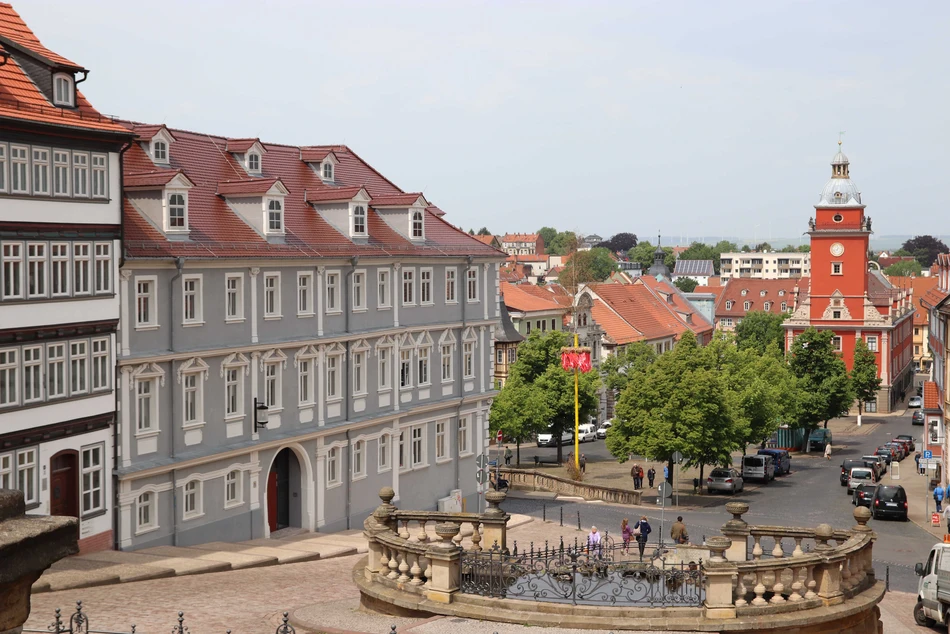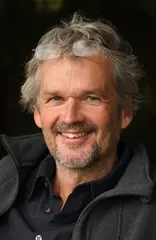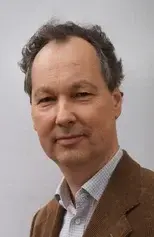During the three-day conference, participants discussed the perspectives, possibilities and limits of a global history of knowledge in the early modern period (1500–1800) in 15 sessions and two panel discussions. The ‘Worlds of Knowledge’ discussed touched on technical, legal, and administrative knowledge, as well as knowledge related to the exercise of power and hunting. The topics included various epistemic milieus and sites of knowledge, such as prisons or anatomical theatres, as well as unproven knowledge such as astrology, mysticism and prophecy. One focus was on the interrelations between European and non-European or global knowledge, which increased considerably between 1600 and 1800, primarily due to expanding trade relations, but also due to scientific expeditions and the exchange of technical and artisanal knowledge, and which was also reflected in the material culture of the early modern period. A large number of such objects can also be found today in the extensive museum collections of the Friedenstein Foundation in Gotha and in the holdings of the Gotha Research Library, which belongs to the University of Erfurt. The curators of the collections gave conference guests special guided tours to provide insights into the collections.
In the welcoming addresses and messages, just under two weeks after the state elections in Thuringia, the cosmopolitanism of Gotha and Thuringia in particular was repeatedly emphasised, along with the importance of the rule of law and democracy, as well as cross-border academic mobility for science. Professor Mark Häberlein (University of Bamberg), chair of the Early Modern Period working group at the VHD, explicitly recalled the visit of the Ethiopian cleric Abba Gregorius to Gotha in 1652, where he worked with the universal scholar Hiob Ludolf on a lexicon of ancient Ethiopian and a grammar of Amharic at the invitation of the Duke of Gotha. The Vice President of the University of Erfurt, Professor André Brodocz, emphasised that the university leadership is proud of the fact that people from all over the world and with a wide range of backgrounds study and work at the University of Erfurt. To ensure that this continues, an environment is needed that guarantees protection against discrimination, as enshrined in the constitution – as the universities in Thuringia and Saxony have recently jointly declared.
Professor Martin Mulsow, Director of the Gotha Research Centre and future chair of the Early Modern Period working group, also warned against anti-democratic tendencies and emphasised the importance of the conference topic for the present day: "The ‘worlds of knowledge’ also always means overcoming methodological nationalism in favour of a cosmopolitan understanding of science that regards cultures as equal and perceives the migrations and mixing of cultures as interesting phenomena." The impressive realisation of this postulate was demonstrated to participants on the first evening in the keynote address by the renowned early modern historian of Indian origin, Professor Sanjay Subrahmanyam from the University of California in Los Angeles (USA), who dedicated his lecture to European-Asian encounters in the 17th century.



